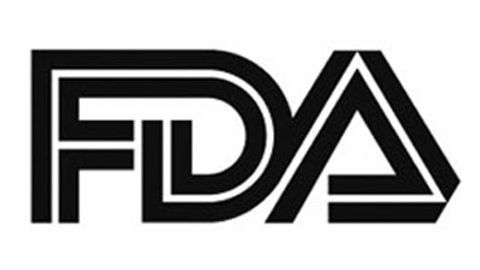FDA Grants Fast Track Designation to Novel Asparaginase Therapy for ALL Subset
Fast track designation has been granted by the FDA to eryaspase for the treatment of patients with acute lymphocytic leukemia who have developed hypersensitivity reactions to E. coli-derived pegylated asparaginase.

Fast track designation has been granted by the FDA to eryaspase for the treatment of patients with acute lymphocytic leukemia (ALL) who have developed hypersensitivity reactions to E. coli-derived pegylated asparaginase (PEG-ASNase), according to a press release issued by Erytech Pharma.1
The agent showed prolonged asparaginase enzyme activity (AEA) in patients with ALL who developed hypersensitivity reaction to PEG-asp, according to the findings of the phase 2 NOR-GRASPALL 2016 study. In addition, the agent appeared to be well tolerated. Based on the study, it was determined that eryaspase is a potential alternative to PEG-asp in this patient population. Pending completion of important steps, the company plans to submit a biologics license application (BLA) for eryaspase to the FDA.1,2
“This is yet another significant milestone and meaningful inflection point in advancing our lead product candidate eryaspase, further supporting our recently announced intention to submit a BLA for eryaspase in hypersensitive ALL patients,” said Gil Beyen, chief executive officer of Erytech Pharma, in the press release. “We believe that the FDA’s fast track designation for eryaspase underscores its potential to address this high unmet medical need.”
According to data published in Blood, the NOR-GRASPALL 2016 study included 36 pediatric patients and 2 adults. The population had a median age of 6.0 years (interquartile range [IQR], 3.3-8.7). After receiving 171 doses of eryaspase, 94.7% of patients had AEA >100 U/L, and 71.1% of patients had AEA-levels >400 U/L 14 days after first eryaspase administration. The median AEA observed in patients was 798 U/L (IQR, 387-864).2
Fourteen days following eryaspase administration, investigators collected samples from patients, and it was discovered that these patients had AEA >100 U/L, and 69.3% had AEA >400 U/L. The median AEA level in the overall population was 621U/L (IQR, 331-962).
Twenty-two patients treated with eryaspase in the study experienced adverse events (AEs). Of those with an AE, 6 had a possible allergic reaction to eryaspase, and 1 other patient had a severe allergic reaction. Rash and drug fever related to eryaspase were also observed in 2 patients and 1 patient, respectively.
After showing signs of an allergic reaction, 50% of the patients then showed low AEA levels. Overall, 4 patients experienced AEs related to eryaspase including mild hyperlipidemia and hepatoxicity. There were no severe treatment-related AEs reported.
Aside from the NOR-GRASPALL 2016 study, Erytech Pharma states, in the press release, that managing AEA is important practice in the treatment of ALL. AEA levels correlate with treatment-limited hypersensitivity is roughly 30% of patients with ALL. Further, it has been shown the discontinuing asparaginase therapy can shorten event-free survival.1
Outside of the ALL landscape, eryaspase has been granted fast track designation for the second-line treatment of patients with metastatic pancreatic cancer. A phase 3 trial of eryaspase as treatment of this patient population is ongoing with results expected in the fourth quarter of 2021.
With a fast track designation for the treatment of patients with ALL who have developed hypersensitivity reactions to E. coli-derived PEG-ASNase, the development of eryaspase and review of any application for FDA approval will be expedited in order to fill an unmet medical need.
References:
1. Erytech granted U.S. FDA fast track designation for eryaspase in hypersensitive ALL. New release. Erytech Pharma S.A. July 29, 2021. Accessed July 29, 2021. https://bit.ly/3x98Z5r
2. Lynggaard LS, Højfeldt SG, Moeller L, et al. NOR-GRASPALL2016 (NCT03267030): asparaginase encapsulated in erythrocytes (eryaspase) - a promising alternative to peg-asparaginase in case of hypersensitivity. Blood. 2020;136(suppl 1): 13-14. doi: 10.1182/blood-2020-139373